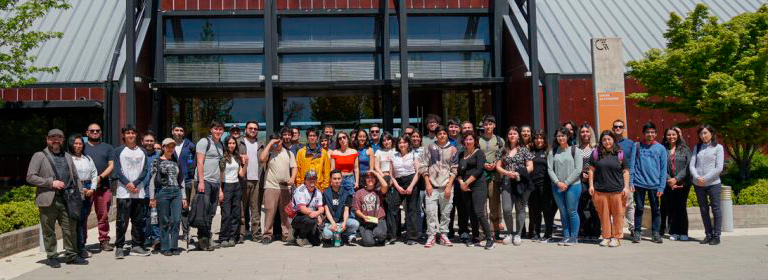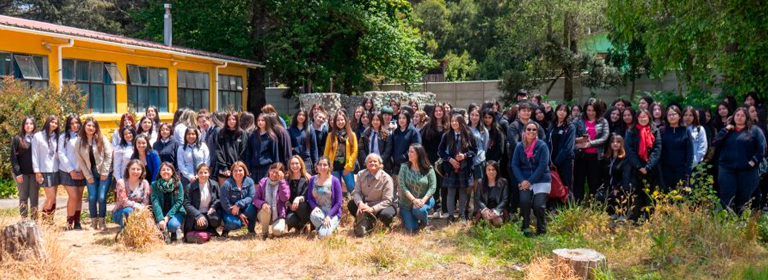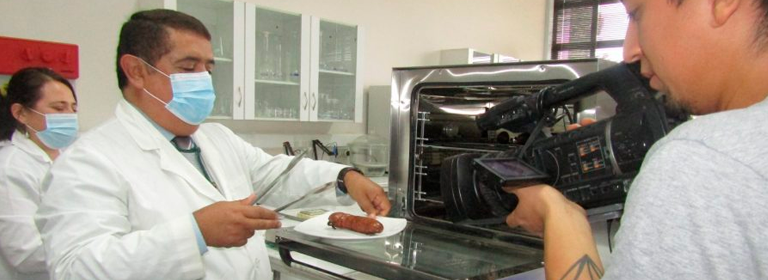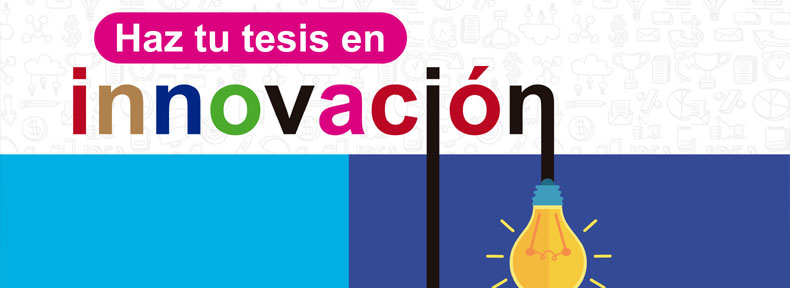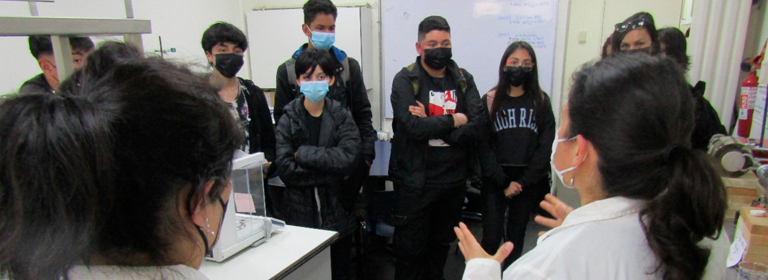As part of a collaborative initiative, the UCM and the UTEM organized a seminar at a renowned vineyard in the Maule Region, focusing on the integration of knowledge and technology transfer into academic curricula.
 The seminar “Science as a basis for the creation of value”, which the Elementum project held at the Research and Innovation Center of Viña Concha y Toro in Pencahue, began with a talk on scientific and technological entrepreneurship.
The seminar “Science as a basis for the creation of value”, which the Elementum project held at the Research and Innovation Center of Viña Concha y Toro in Pencahue, began with a talk on scientific and technological entrepreneurship.
In charge of the presentation was the Director of Transfer and Development of the Catholic University of Chile, Alvaro Ossa, who shared positive experiences of entrepreneurship with students and academics from UCM and UTEM. “I recommend that they understand the environment in which they operate and focus on short-term success stories to demonstrate that it is possible,” he said to students of Biotechnology Engineering at the Santiago campus, who also toured the local oenological and agricultural laboratories.
“I think it is very good that universities from different regions can be connected, to find solutions together to challenges that in some way are the same. We are open to expand the collaboration with both institutions, beyond the R&D projects we have with both UCM and UTEM”, said the center’s director, Álvaro González.
Elementum, which the Universidad Católica del Maule and the Universidad Tecnológica Metropolitana have been jointly executing since last May, seeks to modernize undergraduate and graduate education in the field of basic sciences, promoting innovation and entrepreneurship with a scientific-technological base in the classroom.
“We want to impact the undergraduate programs and although the percentage of doctoral professionals dedicated to these areas is lower, it is important that they have the knowledge and training to make decisions and define whether they will opt for innovation,” said the alternate director of the project and dean of the Faculty of Natural Sciences, Mathematics and Environment of the capital’s house of studies, Soledad Toledo.
 “Yes, it can be done”.
“Yes, it can be done”.
According to Elementum’s director, Dr. Evelyn Villagra, also in charge of UCM’s Department of Forestry Sciences, the initiative will generate specific and measurable changes. “It usually happens that we do things in the environment, but not with long-term impact. So we want, as a consortium, for the research to have a real application. It is not a short or easy process, but it can be done and if we don’t install it in the undergraduate level, it will be more difficult for it to be done naturally in the future,” she said.
Financed by the National Agency for Research and Development (ANID), through its Science 2030 competition, Elementum will promote transformations in the careers of Chemical Engineering, Industrial Chemistry and Biotechnology Engineering and the Master’s Degree in Chemistry with a mention in Materials Technology of the UTEM; and in Geology, Mathematical Engineering, Statistical Engineering, Natural Resources Engineering, Biotechnology Engineering and the Doctorate in Applied Mathematical Modeling at UCM, whose students also participated in the conference, together with doctoral students of Translational Biotechnology of the campus.

